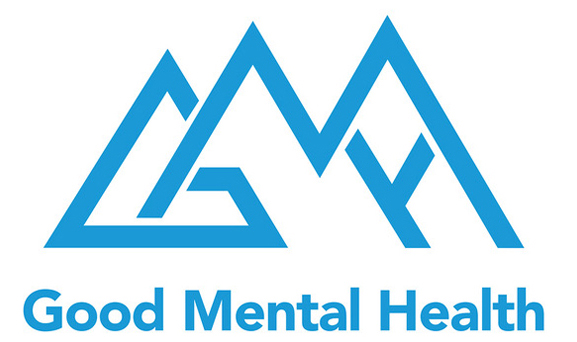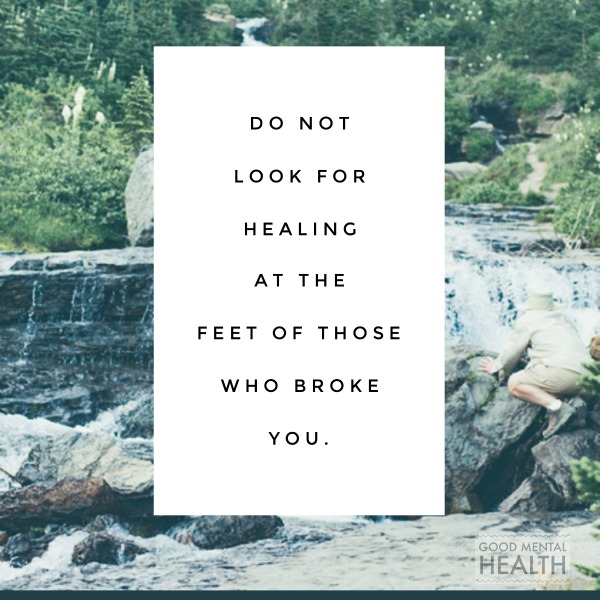What is an enmeshed family system?
The short answer: the way one family member feels, all family members are expected to feel.
Think of this: a mother picks up her children from school on a Friday afternoon. She is relaxed and joyful, thinking of the long three-day weekend ahead. They get home and do homework, getting that out of the way. The long weekend is theirs! She surprises them with the ingredients to make cookies and the kids are delighted, dancing around the kitchen to the sound of the radio, singing into their wooden spoons.
An hour later, Dad gets home from work and he’s in a terrible mood. His boss was a jerk, the commute was horrid, and he has categorically decided that he detests his life. Upon entering the kitchen and taking in the happy scene, he flies into a rage, screaming at his wife and children. Instead of allowing their joy to infuse him with happiness, he blankets them with his negativity, insisting they join him in wallowing in his misery.
The way one family member feels, all are expected to feel.
Enmeshment can take different forms. For example, family number two dresses in their Sunday best and files into church together. They adhere to fundamental values. They do not condone homosexuality, or women in power, or anything they have learned to be a sin. The parents demand obedience from their children, and believe God demands obedience from them all.
As the children grow and mature, one sibling begins questioning his or her sexual orientation. But there is no room for questioning in this family system, rigid in their beliefs of right and wrong. Feeling fear and shame, the child must choose: challenge the rigid belief system of the family (and the church), or deny the fundamental nature of who they are. Often times, threatened with being disowned, the child attempts to deny their authentic self.
The way the family feels, all are expected to feel.
Enmeshed Family Systems and Emotional Abuse
The primary goal of childhood is to individuate from our parents.
That means from the first stages of development when babies realize that they are separate entities from their mothers, to the “terrible twos” when toddlers discover the power of the word no, to the teenage years when we convince ourselves that we “know it all,” we are in the process of individuation. Separating into the individual people that we are, forming our own likes, dislikes, and identities.
Which is why emotional enmeshment within families, or being coerced or forced to feel the way someone else feels, prevents children from learning how they feel and stunts their emotional growth.
Our emotions are our GPS system. They are our internal compass, telling us which direction to go, and not to go. Children need to feel their emotions and learn to identify what they are feeling so they can interpret and then modulate their behavior, and generate appropriate responses to their environment.
A child who is told how to feel, or made to adopt emotions that aren’t their own, is being deprived of developing their personal GPS system that is intended to safely get them through life.
How to spot emotional abuse:
Emotional abuse is easy to identify once you know what you’re looking for. Emotionally abused children become adults who can’t think for themselves. They are people-pleasing and neurotic; questioning how they can be whatever someone else wants them to be, yet unaware of what they want for themselves.
They are anxious and fearful, unsure of how to proceed in life without someone telling them what to think and feel. Or, when they do attempt to think and feel for themselves, their emotional regulation is so poor that they react disproportionately to most situations.
They fight or flee, afraid of confrontation and unable to set boundaries. Their interpersonal relationships suffer.
Wanting so badly to love and be loved, yet equally afraid of being hurt, theirs can be a lonely way of life.
Summary:
- Enmeshed family systems typically focus on one individual, and there is an unspoken rule that all family members will think and feel as that individual thinks and feels.
- Enmeshed families prevent children from forming their own unique identities, and teach them to adopt someone else’s emotional response as their own. As a result, children grow up without their internal emotional GPS system in tact, unable to self-regulate and disconnected from their own inner voice.
- Emotionally abused children often grow into co-dependent adults who desperately want to love and be loved, but are equally afraid of letting anyone get too close. They can find themselves in enmeshed adult relationships, wherein they adopt the emotional reactions of the person they are with instead of learning to listen and honor their own. This can lead to a pattern of unhealthy relationships characterized by emotional volatility and a deep sense of loneliness.
Reach Out:
If any of these characteristics resonate with you, or with someone you love, support is only a phone call away. Your experiences are valid and real, with many people sharing in what you are feeling. You are not alone.
To find resources in the metro Jacksonville, Florida, area, visit our resource page or to make an appointment for mental health counseling in person or online, connect with our practice here.



 Hi, I'm Diana Brummer a psychotherapist, writer, and coach in St. Johns, Florida. I love helping people thrive in their relationships and their lives. My hope is that you find the information in these articles educational and useful. Thank you for stopping by!
Hi, I'm Diana Brummer a psychotherapist, writer, and coach in St. Johns, Florida. I love helping people thrive in their relationships and their lives. My hope is that you find the information in these articles educational and useful. Thank you for stopping by! 
